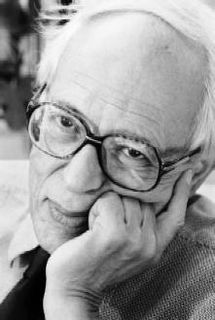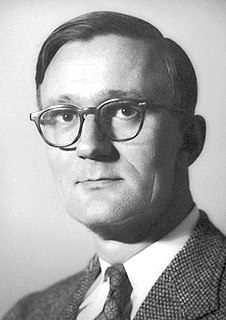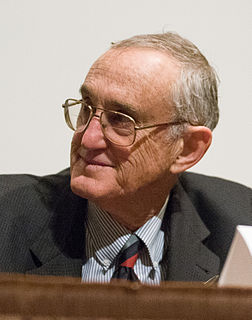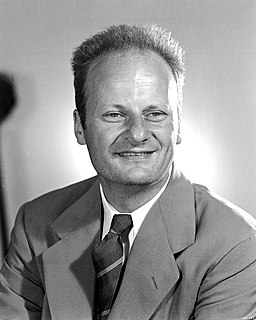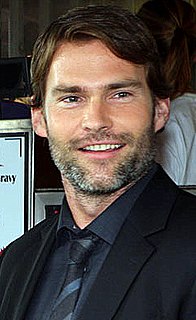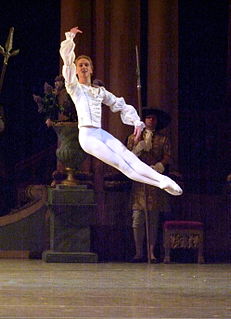A Quote by Werner Heisenberg
I think that the discovery of antimatter was perhaps the biggest jump of all the big jumps in physics in our century.
Related Quotes
The notion that Nature does not proceed by jumps is only one of the budget of plausible lies that we call classical education. Nature always proceeds by jumps. She may spend twenty thousand years making up her mind to jump; but when she makes it up at last, the jump is big enough to take us into a new age.
In the eighteenth century it was often convenient to regard man as a clockwork automaton. In the nineteenth century, with Newtonian physics pretty well assimilated and a lot of work in thermodynamics going on, man was looked on as a heat engine, about 40 per cent efficient. Now in the twentieth century, with nuclear and subatomic physics a going thing, man had become something which absorbs X-rays, gamma rays and neutrons.
No one any longer pays attention to - if I may call it - the spirit of physics, the idea of discovery, the idea of understanding. I think it's difficult to make clear to the non-physicist the beauty of how it fits together, of how you can build a world picture, and the beauty that the laws of physics are immutable.

